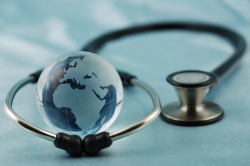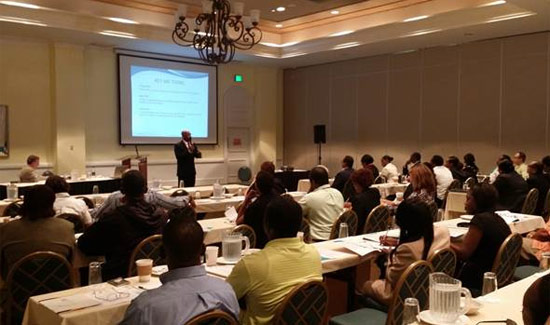 The organization running hospitals in the Bahamas sees great potential in medical tourism, but it may be more difficult than some think.
The organization running hospitals in the Bahamas sees great potential in medical tourism, but it may be more difficult than some think.
Herbert Brown of the Public Hospitals Authority (PHA) plans to aggressively pursue medical tourism, “I have no doubt medical tourism will play a key role in the economic expansion of this country. We need to think of ways of attracting investment and expanding the economy.”
Brown argues that having planned procedures done in The Bahamas could be a viable and attractive option to Americans, and perhaps other markets such as Canada, Latin America, the Caribbean and beyond.
But there are concerns as to where the investment money is coming from, and whether enough medical travellers would come to make the investment offer real returns.
It is unlikely The Bahamas will be able to compete as travel costs (including hotel stay and flight) alone could exceed the total costs compared to other low cost jurisdictions. Labour costs are another problem. According to a recent World Health Organisation report, 71% of hospital costs are for labour, and The Bahamas has some of the highest labour costs in the region.
Also, the nation’s small population limits the number of procedures that can be economically performed. The International Medical Travel Journal says it might be difficult to significantly increase the volume of procedures or the number of medical tourists without bringing in medical staff from overseas. And foreign labour is always a problem in The Bahamas with its very xenophobic population.
“The numbers required to make any investment pay off, would mean that as a proportion of the tourism industry or total economy, medical tourism would have to be so huge as to make the whole local economy dangerously reliant on it and at risk from boom and bust cycles,” the journal says.
In The Bahamas, the enthusiasm for medical tourism is led by a handful of individuals based on optimistic figures on the future numbers of American medical tourists. Local doubters see two key risks; the first is that the promised number may not happen. The second is that even if it does, whether the country can get the cost base low enough to attract business in the face of stiff competition from a score or more of other local countries.
Some locals see the prospect of using borrowed money for medical tourism as a worse gamble for the investment of capital or time than alternate product offerings such as casinos, short-term retreat packages, and even retirement homes.



